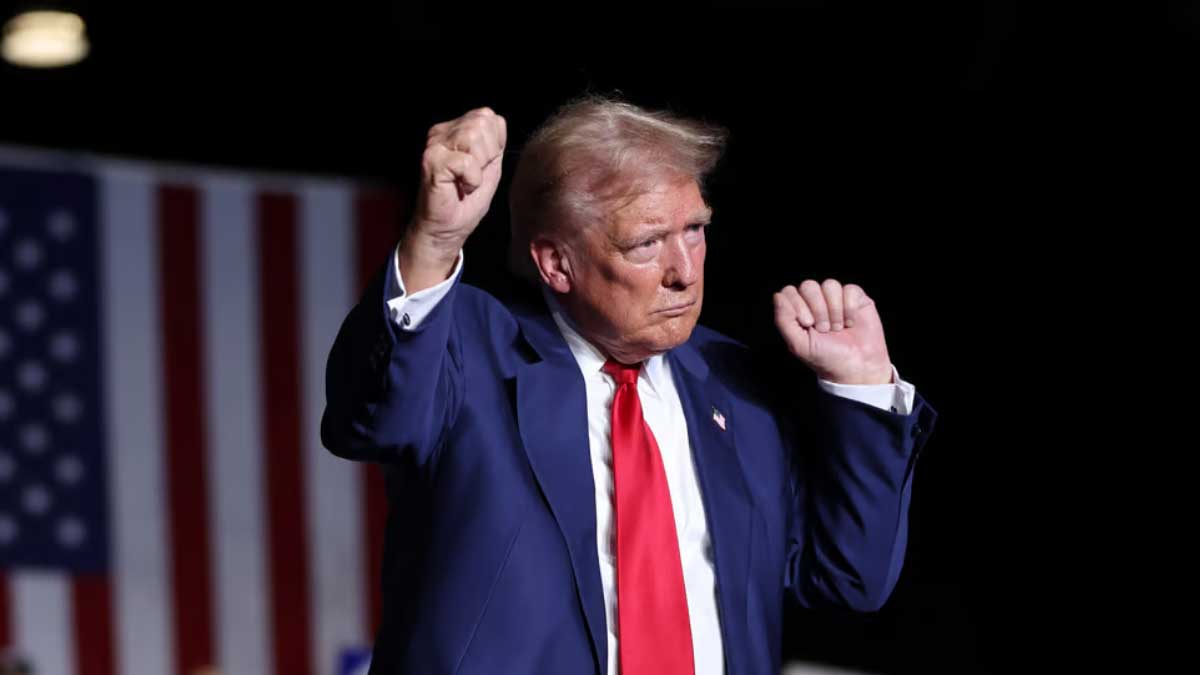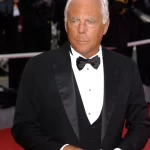- Home
- Billionaires
- Investing Newsletters
- 193CC 1000
- Article Layout 2
- Article Layout 3
- Article Layout 4
- Article Layout 5
- Article Layout 6
- Article Layout 7
- Article Layout 8
- Article Layout 9
- Article Layout 10
- Article Layout 11
- Article Layout 12
- Article Layout 13
- Article Layout 14
- Article Sidebar
- Post Format
- pages
- Archive Layouts
- Post Gallery
- Post Video Background
- Post Review
- Sponsored Post
- Leadership
- Business
- Money
- Small Business
- Innovation
- Shop
Recent Posts
Teamsters Skip Presidential Endorsement This Year

The International Brotherhood of Teamsters, a major labor union with 1.4 million members, announced on Wednesday that it will not endorse a presidential candidate for the upcoming election, marking a significant departure from its long-standing tradition of supporting Democratic nominees. This decision breaks a decades-old pattern of backing Democratic candidates, with the last instance of not endorsing the Democratic nominee occurring in 1996 during the race between former President Bill Clinton and Bob Dole.
The Teamsters’ choice not to endorse comes after an extensive evaluation of the major candidates, Vice President Kamala Harris and former President Donald Trump. The union found itself dissatisfied with the level of commitment both candidates demonstrated towards key issues affecting its members. Specifically, the Teamsters were unable to secure assurances from either Harris or Trump regarding non-interference in vital union campaigns or the industries critical to Teamsters’ interests.
In the lead-up to this decision, the Teamsters conducted several polls to gauge member support for the presidential candidates. Initially, President Joe Biden, who exited the race in late July, had garnered 44% of the union’s support in straw polls conducted before his withdrawal. However, as the campaign progressed, the landscape shifted. In a more recent electronic member poll conducted from July 24 to September 15, Trump received 59.6% of the vote, while Harris secured only 34%. Similarly, in a research phone poll conducted between September 9 and September 15, Trump achieved 58% of the vote compared to Harris’ 31%.
Sean O’Brien, president of the Teamsters, articulated the union’s frustration in a statement, highlighting that neither major candidate provided the serious commitments necessary to prioritize the interests of working people over big business. “Unfortunately, neither major candidate was able to make serious commitments to our union to ensure the interests of working people are always put before Big Business,” O’Brien said.
The decision is particularly notable given O’Brien’s recent involvement in the Republican National Convention, where he emphasized the union’s independence from any party affiliation. While O’Brien praised Trump’s running mate, Ohio Senator J.D. Vance, he also criticized the Republican Party for what he described as its “active opposition” to labor unions. This complex political stance underscores the Teamsters’ current ambivalence towards both major parties.
In 2020, the Teamsters endorsed Biden, reflecting his strong pro-union stance during the campaign. Biden had demonstrated support for unions by joining striking United Auto Workers (UAW) members on the picket line, despite facing some internal criticisms from the union. Biden’s campaign also received endorsements from several other unions, including the United Steelworkers, the Laborers’ International Union of North America, and the Communications Workers of America. This broad union support was significant, especially following a lackluster debate performance by Biden that had sparked doubts about his leadership capabilities.
On the other hand, Trump made efforts to appeal to union workers throughout his campaign. He attempted to gain the support of the UAW around the same time Biden was expressing solidarity with striking workers. Despite these efforts, Trump was criticized by the UAW, which compared him unfavorably to wealthy company executives and the “billionaire class.” Trump also sought the Teamsters’ backing in recent weeks, assuring them that an endorsement would secure a “seat at the table” in his administration.
The Teamsters’ decision not to endorse highlights a pivotal moment in labor politics, reflecting the union’s dissatisfaction with both major candidates and its struggle to find a candidate who aligns with its core values and priorities. This departure from the traditional endorsement pattern signals a period of reassessment for the Teamsters as it navigates its role in the upcoming election and beyond.
Recent Posts
Categories
- 193cc Digital Assets2
- 5G1
- Aerospace & Defense46
- AI37
- Arts3
- Banking & Insurance11
- Big Data3
- Billionaires446
- Boats & Planes1
- Business328
- Careers13
- Cars & Bikes76
- CEO Network1
- CFO Network17
- CHRO Network1
- CIO Network1
- Cloud10
- CMO Network18
- Commercial Real Estate7
- Consultant1
- Consumer Tech180
- CxO1
- Cybersecurity68
- Dining1
- Diversity, Equity & Inclusion4
- Education7
- Energy8
- Enterprise Tech29
- Events11
- Fintech1
- Food & Drink2
- Franchises1
- Freelance1
- Future Of Work2
- Games141
- GIG1
- Healthcare78
- Hollywood & Entertainment186
- Houses1
- Innovation42
- Investing2
- Investing Newsletters4
- Leadership65
- Lifestyle11
- Manufacturing1
- Markets20
- Media193
- Mobile phone1
- Money13
- Personal Finance2
- Policy567
- Real Estate1
- Research6
- Retail1
- Retirement1
- Small Business1
- SportsMoney33
- Style & Beauty1
- Success Income1
- Taxes2
- Travel10
- Uncategorized8
- Vices1
- Watches & Jewelry2
- world's billionaires415
Related Articles
Trump Moves $4B Stake in Truth Social Parent, Stock Drops 6%
Donald Trump recently transferred his 57% stake in Trump Media & Technology...
By 193cc Agency CouncilDecember 20, 2024House Rejects Trump-Backed Funding Bill, Shutdown Looms
The U.S. House of Representatives rejected a new government funding bill on...
By 193cc Agency CouncilDecember 20, 2024Trump Named Time’s Person of the Year for Second Time
On Thursday, Time magazine honored Donald Trump as its “Person of the...
By 193cc Agency CouncilDecember 12, 2024Meta Donates $1 Million to Trump’s Inaugural Fund
Meta, the parent company of Facebook and Instagram, has confirmed a $1...
By 193cc Agency CouncilDecember 12, 2024















Leave a comment